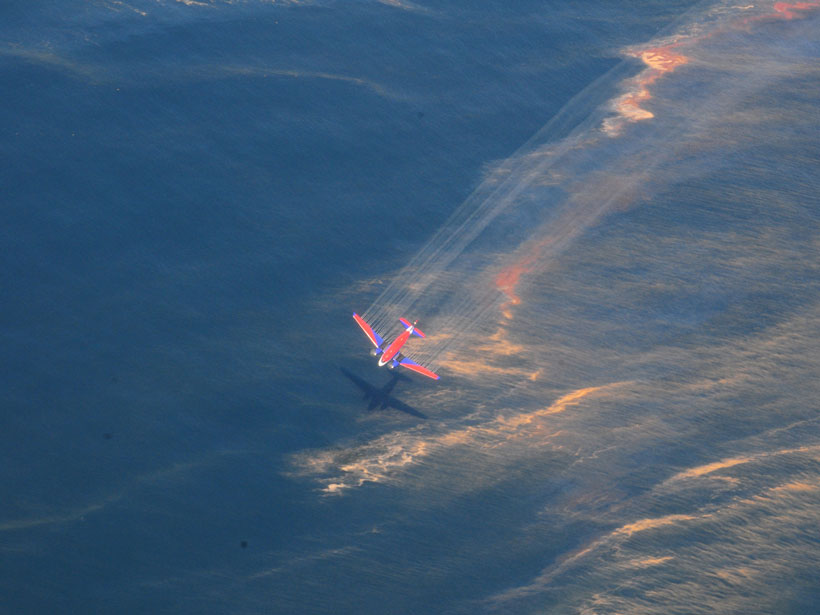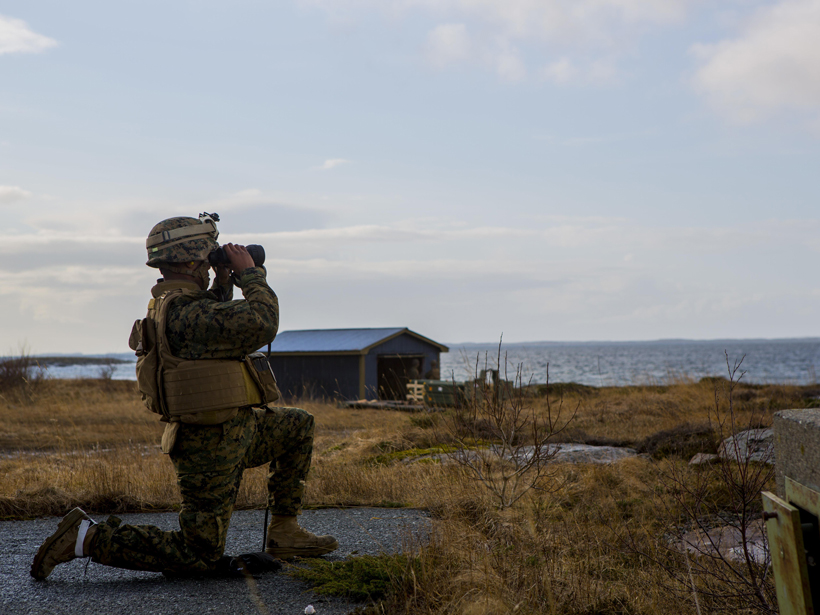Una década de investigación desde el desastre de Deepwater Horizon ha revelado cómo la luz solar—su importancia subestimada durante mucho tiempo en la ciencia de derrames de petróleo—altera sustancialmente el petróleo que flota en la superficie del mar.
C. M. Reddy
Posted inFeatures
Why Sunlight Matters for Marine Oil Spills
A decade of research since the Deepwater Horizon disaster has revealed how sunlight—its importance long understated in oil spill science—substantially alters petroleum floating at the sea surface.
Posted inOpinions
Academia and the Military Can Be Valuable Partners
The common cause of protecting people and the environment from disasters can and should unite academics and military personnel.
Posted inOpinions
Dude, You Are Speaking Romulan
Before teaching scientists to communicate with the public, they should learn how to communicate with each other.



